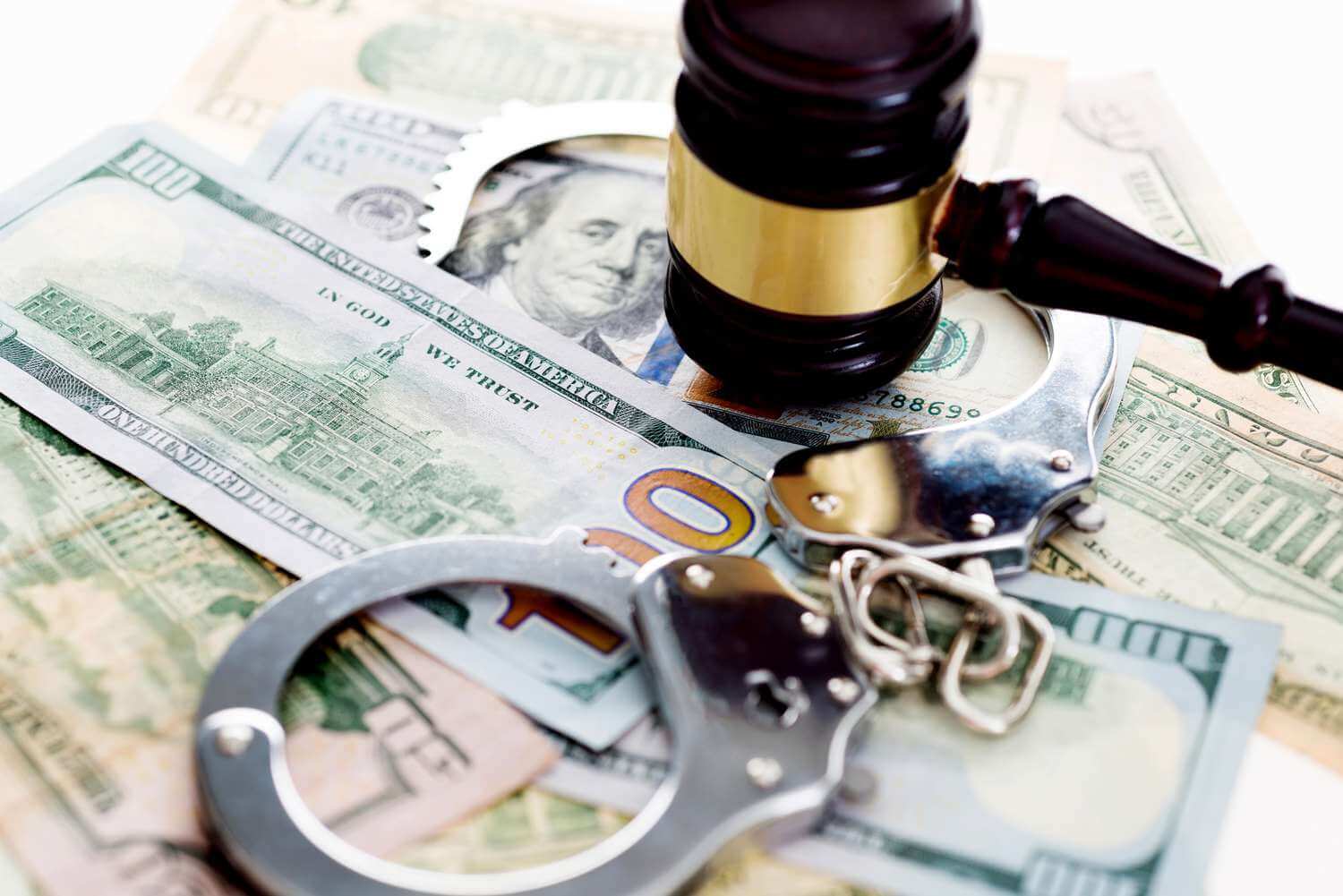Money laundering is a serious crime that has the potential to severely damage a business. It is a process in which criminals try to hide the proceeds of their illegal activities by depositing money into legitimate financial institutions in order to disguise its origin.
Money laundering is a global problem and is estimated to cost the world’s economy billions of dollars every year. For businesses, it is essential to have proper money laundering training in order to protect their finances and reputation. To acquire more information about money laundering training you may visit this site.

Image Source Google
Why is money laundering training important?
Money laundering training is important for businesses because it helps them to understand the risks associated with money laundering and the steps they can take to prevent it. It is also important for businesses to be aware of their obligations under anti-money laundering (AML) legislation and the penalties they could face if they are found to be in breach of the law.
What does money laundering training involve?
Money laundering training typically involves an introduction to money laundering, an explanation of the relevant laws and regulations, and an overview of the various techniques used for money laundering. It also provides practical guidance on the steps businesses can take to protect themselves and their customers from money laundering. This includes identifying and reporting suspicious activity, screening customers, and implementing internal controls.
What are the benefits of money laundering training?
Money laundering training helps businesses to protect their finances and reputation. It enables them to identify and report suspicious activity and to ensure that they are compliant with AML legislation.
In addition, it provides businesses with an understanding of the risks associated with money laundering and the steps they can take to prevent it. This means that businesses are better prepared to protect themselves and their customers from money laundering and other financial crimes.
